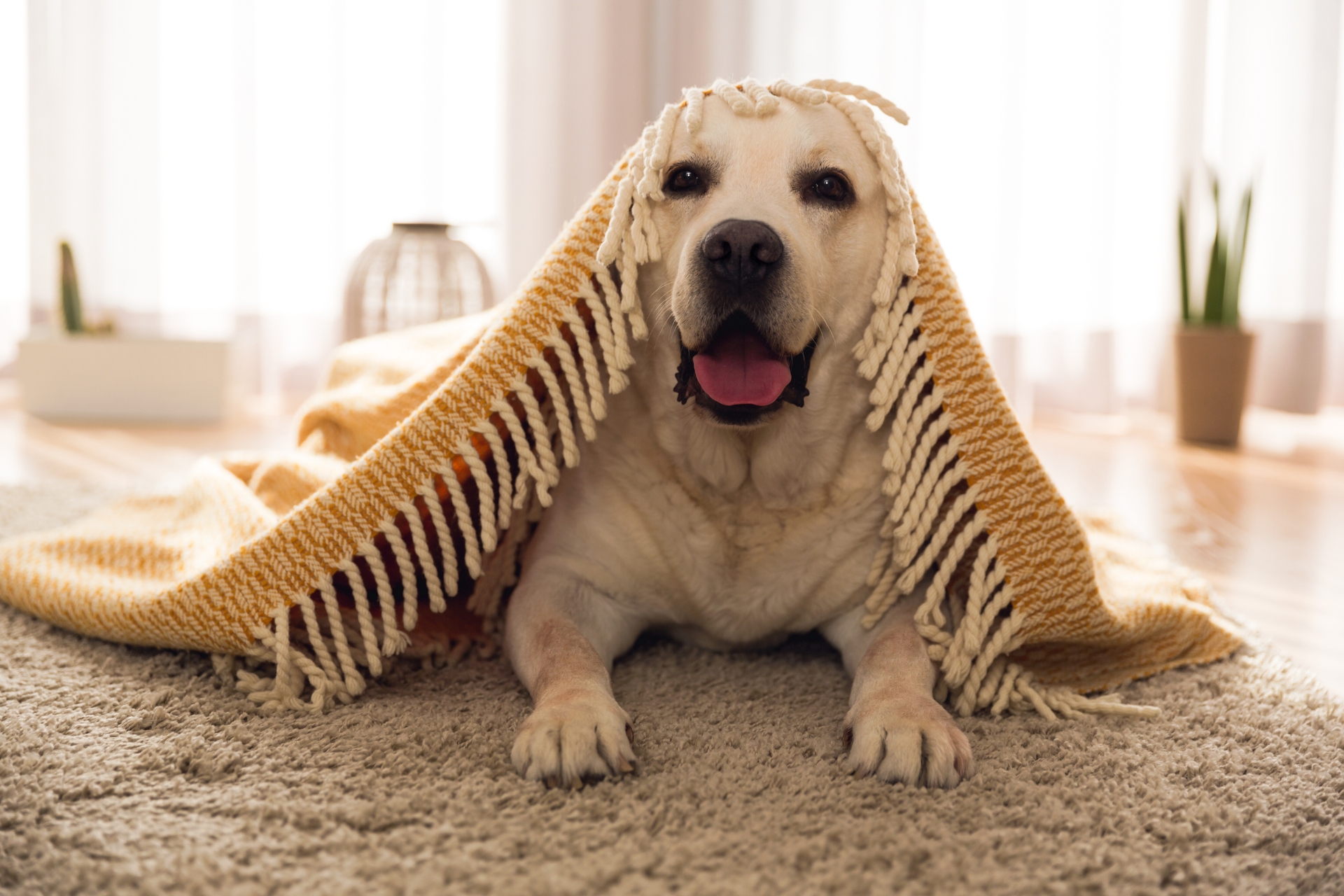Up to $20k in vet coverage
Accidents happen. Illness happens. We've got you covered.
The first social-first pet sitting platform where you see who your dog sitter or cat sitter really is - not just what they say they do.

Browse detailed profiles with photos, reviews, and stories. Get to know your sitter before booking.
Every sitter passes identity verification. Plus, enjoy up to $20,000 in protection for every booking.
Real reviews from real pet parents. See pricing upfront. No hidden fees, no surprises.
From overnight boarding to daily walks - find the perfect care for your companion

Your pet stays at the sitter's home. Home-style comfort with personal, one-on-one attention.

The sitter stays at your home. Your pet keeps their routine in their own space with zero disruption.

Daily walks, exercise, and fresh air. Flexible scheduling to fit your dog's needs.

Daytime care at the sitter's home. Socialization, play, and supervision while you're at work.

Quick check-ins at your home for feeding, playtime, or companionship. Ideal for cats and independent pets.
Scroll to explore →
I spent 20 minutes scrolling through Rachel's profile before I even messaged her. I saw her with her own dogs, her updates from other pet sitting jobs, how she talks to pet parents. By the time I booked, I wasn't nervous - I was excited.
Jessica T., Austin, TX
Pet: Luna (Golden Retriever)
On other pet sitting platforms, you're crossing your fingers. On Petme, you're meeting someone. I saw Marcus's posts, his personality, the way he celebrates every dog's birthday. That's not a service - that's a person who cares.
Alicia R., Toronto, Canada
Pet: Benny (French Bulldog)
The profile told me everything I needed to know. Emma has two senior dogs of her own, posts about gentle care, and every review mentions how patient she is. I didn't have to ask - I already knew she'd be perfect for my 12-year-old lab.
David L., London, UK
Pet: Max (Labrador, 12 years old)
Finding a trustworthy cat sitter has always been impossible. With Petme, I could see Sophie's entire history with cats - her own two rescues, gentle handling techniques, and reviews from other cat owners. My anxious tabby actually liked her.
Michael P., San Francisco, CA
Pet: Oliver (Tabby, 8 years old)
Create your free account with just an email and password. No credit card required. Once you're in, you'll see sitters near you instantly.
Scroll through their feed. See how they interact with pets. Read reviews. When you find the perfect match, book your service and pay securely through the platform.
Choose your dates, confirm the booking, and you're done. Your pet is in good hands - and you already know it.
The Petme Protection Plan covers up to $20,000 in vet expenses if something unexpected happens during a booking. You're not just trusting a sitter - you're backed by real protection.

Accidents happen. Illness happens. We've got you covered.
No opt-in, no extra fees. Every booking is protected from day one.
If something goes wrong, we're here. Anytime, anywhere.


Join 100K+ pet parents who've already found their person.

Turn your passion into income. Set your rates, build your client base, join the community.